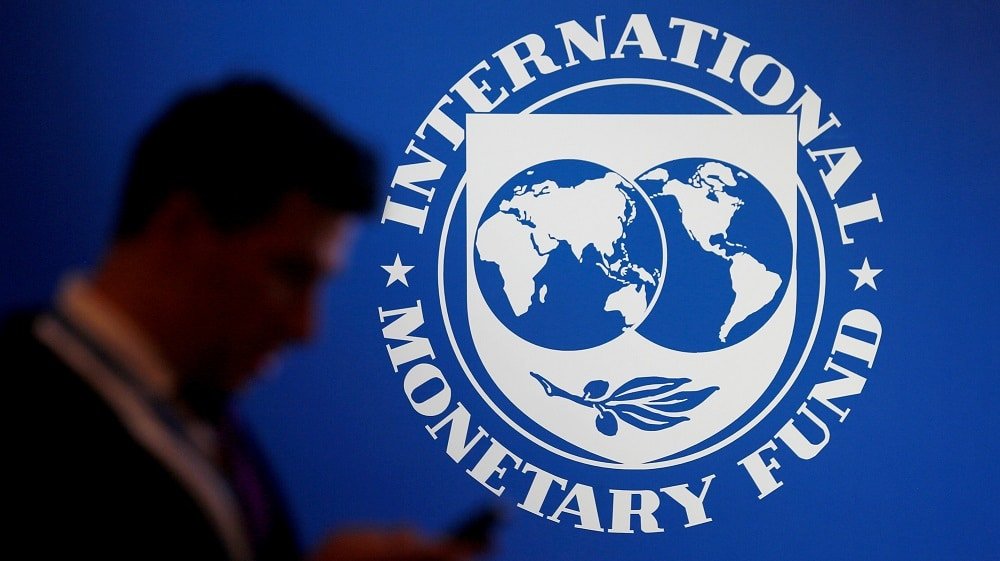The final round of policy discussions between Pakistan and the International Monetary Fund (IMF) is taking place today, marking the conclusion of the lender’s mission before it returns to Washington. Federal Finance Minister Muhammad Aurangzeb is expected to participate in these crucial talks, which will address key issues such as the national fiscal compact, provincial taxes on agricultural income, and comprehensive economic reforms.
The Federal Board of Revenue (FBR) has briefed IMF representatives on its strategies to broaden the tax base and boost revenue through enhanced economic documentation. These measures include the implementation of electronic monitoring of industrial production via a software system called “Digital Eye” and the installation of cameras in factories located in major business hubs.
The FBR plans to enhance the track-and-trace system in the tobacco, cement, sugar, and fertilizer industries, while also increasing enforcement through the point-of-sale system over the next 5-6 months. A crackdown on tax evaders is set to commence this month, with legal action and arrests planned for those who fail to comply.
The IMF has been informed of the federal government’s goal to raise the tax-to-GDP ratio from the current 10.3% to 13.7% by 2028, reflecting a commitment to strengthening Pakistan’s fiscal framework and economic stability.










